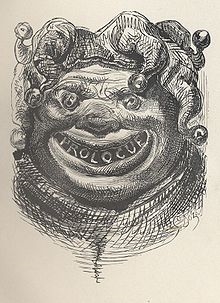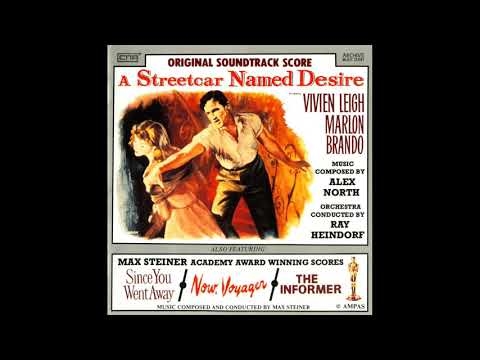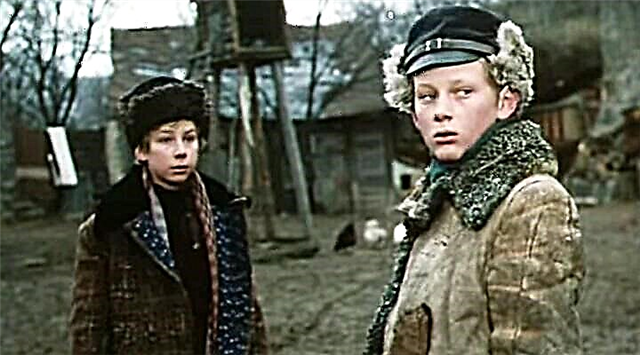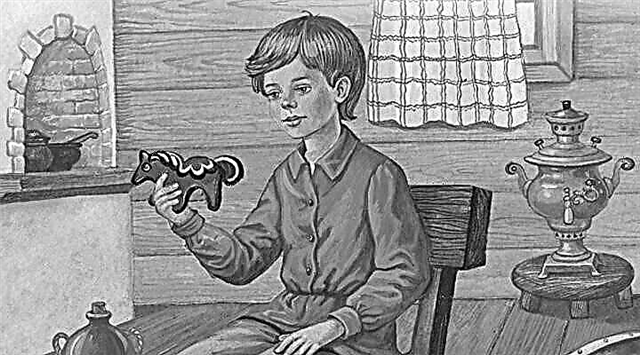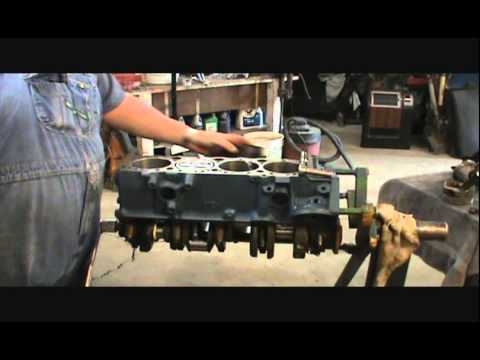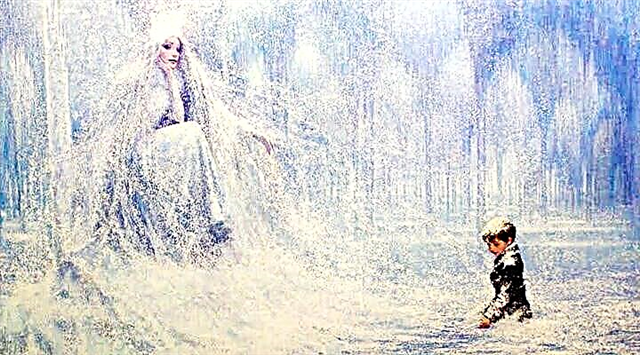(276 words) The poet was very worried about the problem of serfdom, he wanted freedom and happiness to the working people, he wanted the equality of all people. Therefore, in the work “To whom it is good to live in Russia”, Nekrasov asks the main question: “The people are liberated, but is the people happy?”
As you read the work, the reader learns the answer to this question, and he does not please him. Residents of "Zaplatov" and "Dyryavina", and even more so "Failures", can hardly boast of contentment. The history of the peasant woman is especially frightening. In the image of Matrena Timofeevna we see a woman whom the abolition of serfdom only partially gave freedom, now she is "in the family as long as a slave, but the mother is already a free son." The liberation was only of an external, formal nature, for the gentlemen-reformers did not delve into the subtleties of the existence of the working people, therefore they did not care about their adaptation in the wild. Hunger and poverty remained the companions of the peasants and prevented their formation. Ignorance, in turn, weighed on their fate, prevented them from getting on in the best possible way.
Even after the reform of 1861, the gentlemen did not see equal people among the peasants, they are still despotic about them. A striking example is Prince Utyatin. He does not recognize the abolition of serfdom, the peasants at the request of relatives and because of their kindness continue to serve him, and he is still severe and impudent in their treatment. This speaks of the spiritual slavery of the workers, of their attachment to the master. Verbal rebel is the peasant Agap. He expressed his master all his dissatisfaction, but later, after drinking, he was taken to the owner, as if flogged. He calmed down, at this riot and ended.
Thus, the author showed how difficult the fate of the peasantry was even after the adoption of the salvage reform. People from high society rather naively perceived the peasant world and thought that one piece of paper immediately “emancipated” the workers, crushed by poverty and slavery. But in practice, a poorly thought-out legislative initiative “struck the gentleman with one end and the peasant with the other.”


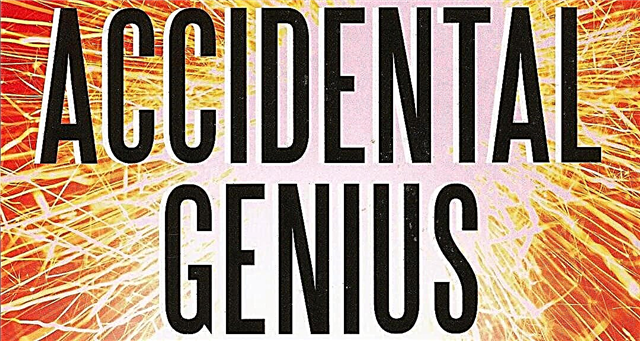 Genius on order
Genius on order
